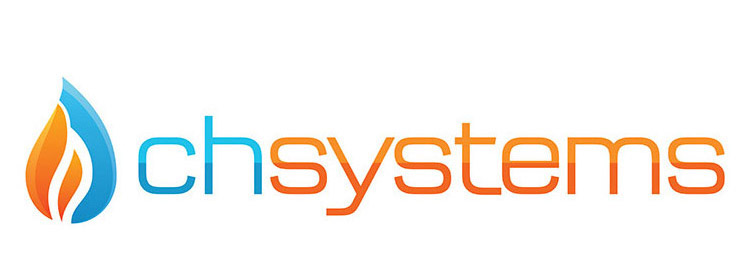Why drinking tap water is good for business
Did you know that two litres of tap water costs less than a third of a penny on average, compared to 45p for a supermarket’s own brand of bottled water or 90p for a named brand, according to Discover Water. So why, then, is your company shelling out cash for bottles of water – especially when the drinking water supplied by water companies in the UK is among the best in the world, according to Julie Spinks, Director of WaterSafe, the UK accreditation scheme for approved plumbers?
In a case for drinking tap water, Spinks argues that the UK’s water undergoes rigorous testing every day to ensure it meets strict guidelines set out by the World Health Organisation; standards that bottled water is not always tested against. Plus, tap water is cheaper. And yet, more than ever, people are drinking bottled water at home and at work.
Around two-thirds (67 per cent) of people now say they drink tap water at home (down from the78 per cent in 2015) with convenience cited as the main reason. Fewer people are also drinking tap water at work (39 per cent, down from 51 per cent in 2015) or in cafés and restaurants (21 per cent, down from 32 per cent) – as per new research published by the Consumer Council for Water.
It makes sense, from a business perspective and even from a health perspective, to promote a ‘tap water culture’ at work but it also means that we have to make sure that our pipes are up to scratch, so to speak. For tap water to be safe to drink in homes, offices and public buildings, it’s not only about the quality of the water but how the water gets to the tap. It’s important to have a great plumber who will only use approved fittings, which will help ensure the water supplied by water companies stays fresh and healthy until it reaches taps.
If you’d like further information, feel free to contact the CH Systems team on 0208 302 8149 or info@chsystems.cc.





